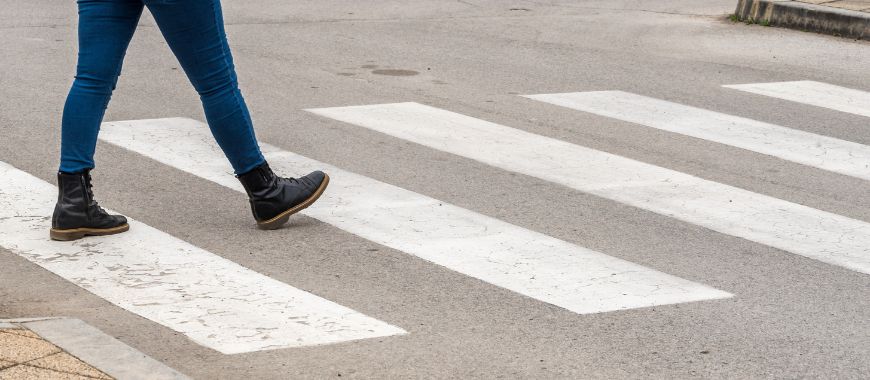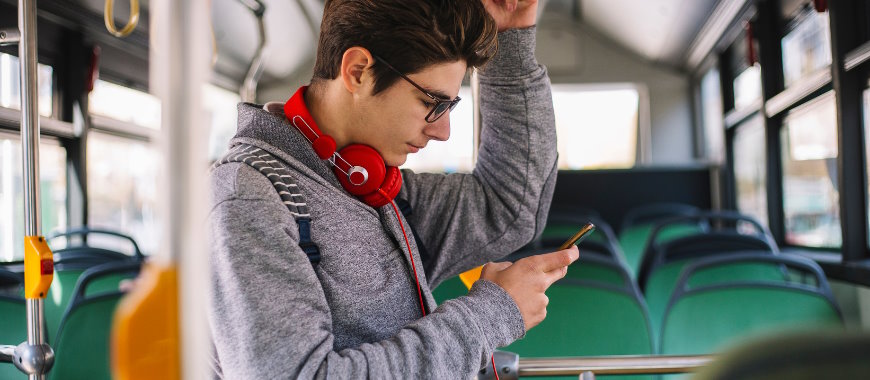The dos and don’ts of travel training
Do: Identify permanent landmarks to help with route learning.
Don’t: Use landmarks that change with the seasons (eg Christmas lights).
Do: Practice the route repeatedly for confidence.
Don’t: Overload your child with too many routes at once.
Do: Discuss personal safety and "what if" scenarios.
Don’t: Share negative stories about public transport.
Do: Be positive and praise small achievements.
Don’t: Give up—if at first you fail, keep trying!

Medical needs
If your child has a medical condition, ensure they carry any necessary medication or equipment (eg an inhaler). They should also carry an emergency card or talisman bracelet and know what to do in case they feel unwell.
What if?
- They forget something? Decide if it’s necessary to return home to retrieve that item.
- My child struggles to remember things? Use written prompt cards and break the journey into small steps.
- They become frightened? Teach them how to ask the driver for help or call someone.
- They get lost? Teach them how to ask for help from a bus driver, shop staff, or police officer.
- The bus is late? Let them know to call a family member to inform them in this instance.
- Something is stolen? Report it immediately.
- They get on the wrong bus? Tell them to get off at the next stop and ask for help.
- A stranger approaches? Teach them to be polite but keep walking and avoid conversations.
Help with travel
Our Pass: Free bus travel for 16 to18 year olds in Greater Manchester. Apply on the Our Pass website.
Disabled travel sass: Disabled people are entitled to a bus pass giving free off-peak travel on local bus services anywhere in England. Apply on the TfGM website.
Post 16 to19 bursary fund: A bursary is money that your child or their education or training provider can use to pay for things like clothing, books and other equipment for their course and transport and lunch on days they study or train. Find out more on GOV.UK.
Salford SEN Transport: Salford City Council provides information and support on travel, independent travel training, free bus passes and travel aids. Find out more about SEN transport.
Salford’s Local Offer: The Local Offer provides wider information on what support services are available in Salford for children and young people with special educational needs and/or disabilities and their parents/carers. Find out more about the Local Offer.
Parent and carer testimonies
She’s been much happier now that she can meet up with her friends after school.
My kids love traveling on the bus with their friends.
My daughter was ready to become travel trained and has been enjoying the freedom.
It was so lovely to see how happy my son was after his first unaccompanied journey.


